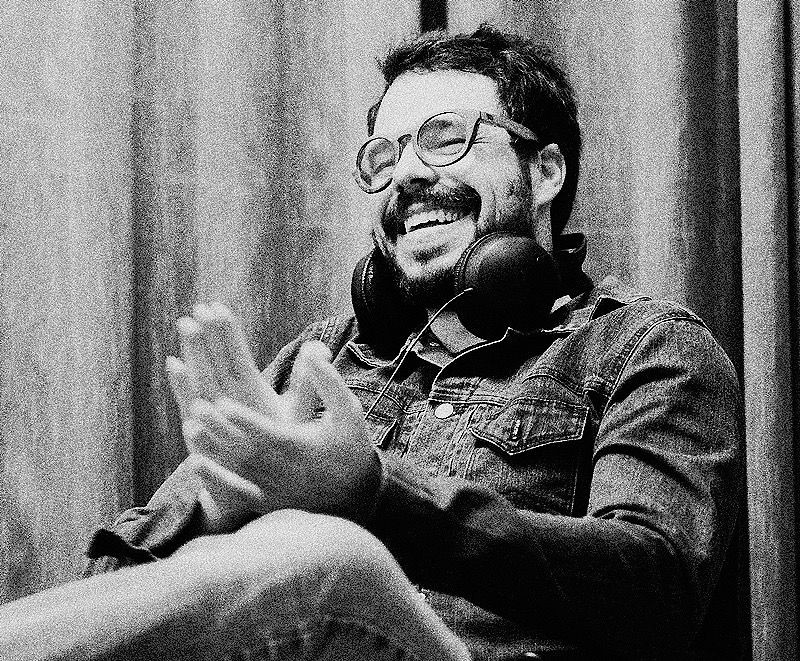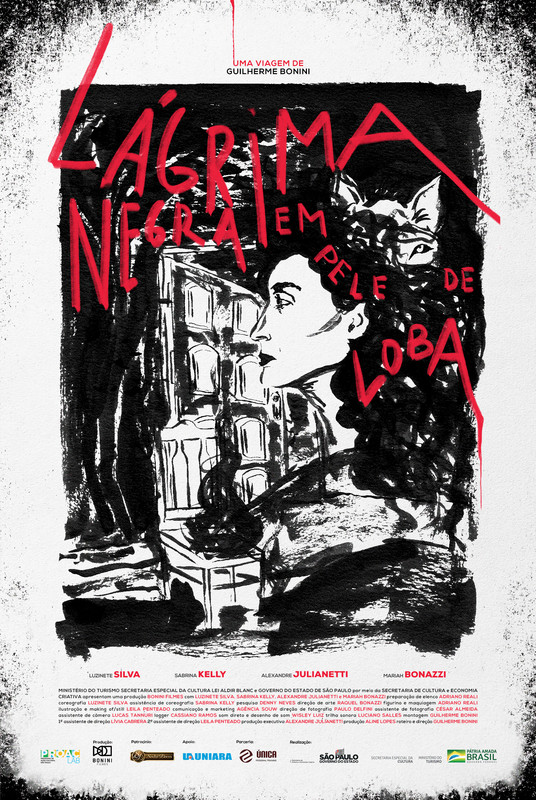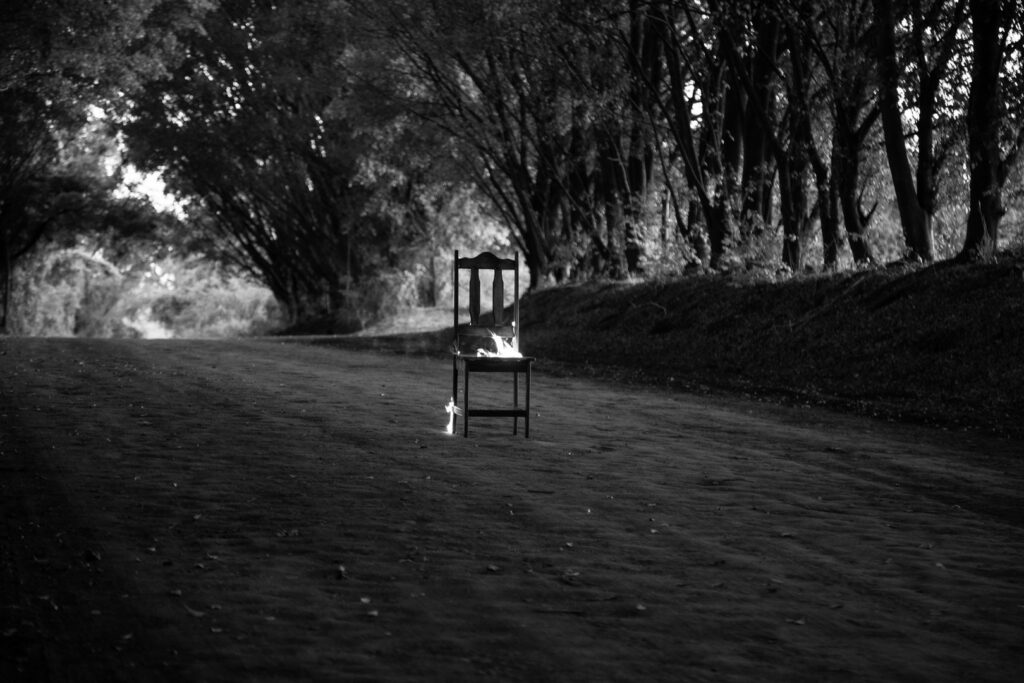
-Who is Guilherme Bonini?
Guilherme Bonini was born in 1981, São Paulo, Brazil. He lives inland, in the city of Araraquara. He obtains academic training as a doctoral student in cinematographic script by Unesp – FCLAr and master in image and sound in cinematographic narrative by UFSCar. Director, screenwriter and independent editor and active in areas such as producer and director of photography. He created the independent production company Bonini Filmes in 2013. Awarded for works exhibited in Brazil, USA and Europe, he has been seeking to create an innovative cinematographic language in short films, promoting the local community, economy and following a cultural policy of equal rights, diversity of gender and social inclusion across the entire production team.

-What inspired you to become a filmmaker?
The real life. When I was little, I was able to experience my transformation when I saw and heard for the first time the materialization of dreams through image and sound in cinema. Since then I’ve been trying to get to know myself, experience and impress my extraordinary universe through the window of my soul of what I hear and see in my ordinary life.

-Do you think the cinema can bring a change in the society?
Cinema has the power to transform lives. It is the art of composing and making films intended for cinematographic projections. Films are capable of generating a great impact on people beyond emotions and feelings. Being possible to represent, demonstrate and experience the most diverse situations and problems of what exists of relevance in the universe and still discover what can exist, by imagination, beyond it. Through the films, people can experience, reflect and evaluate, in a critical way, their representation of rights, promoting thinking about their own choices in their paths through life.
-What would you change in the world?
Nothing for now. I’m still learning from the world by knowing myself.

–Where do you see the film industry going in the next 100 years?
I see the film industry beyond itself, capable of proposing a transcendental journey, through an immersive projection that is capable of taking dreamers to live stories beyond the physical, taking them to a level that reaches a spiritual film form.
